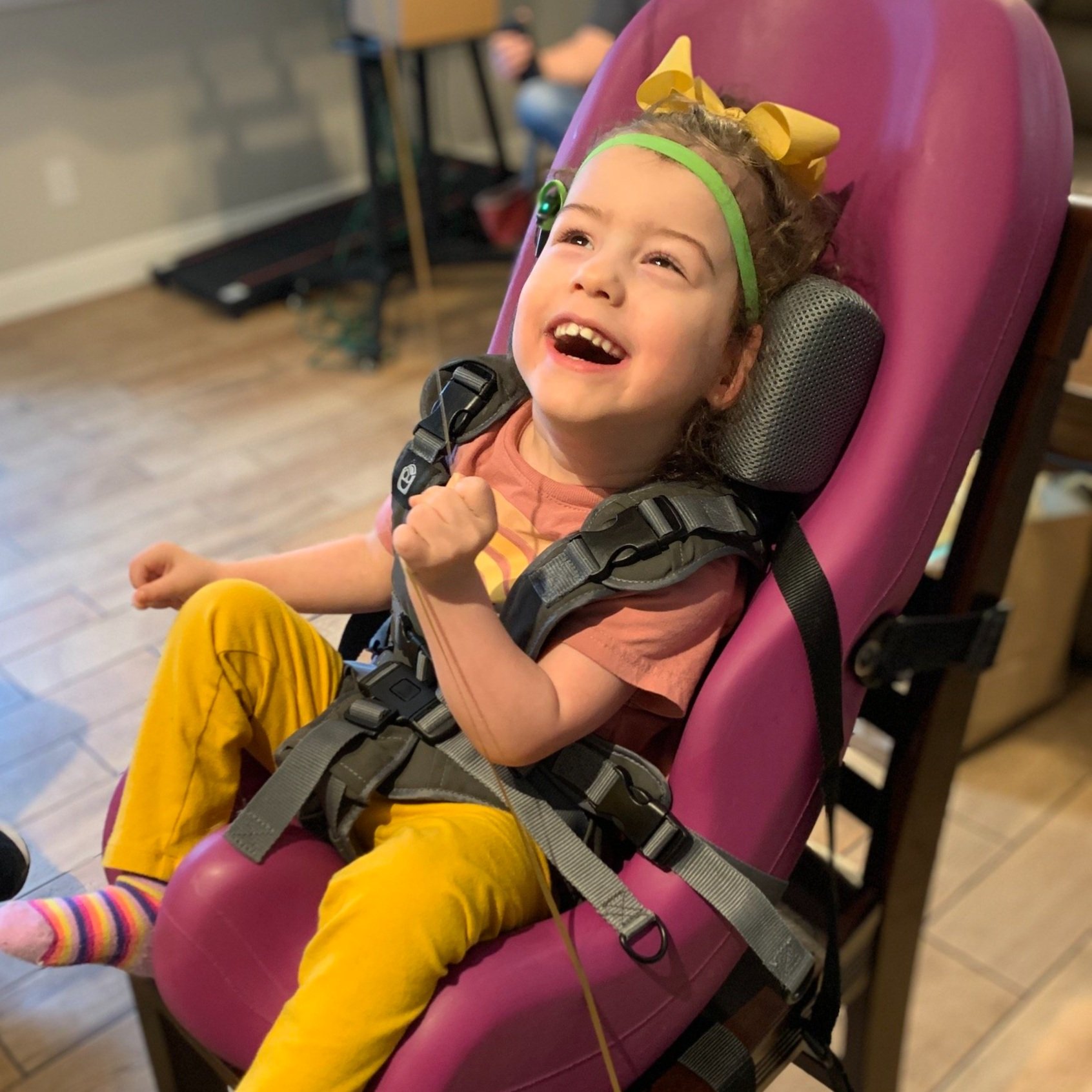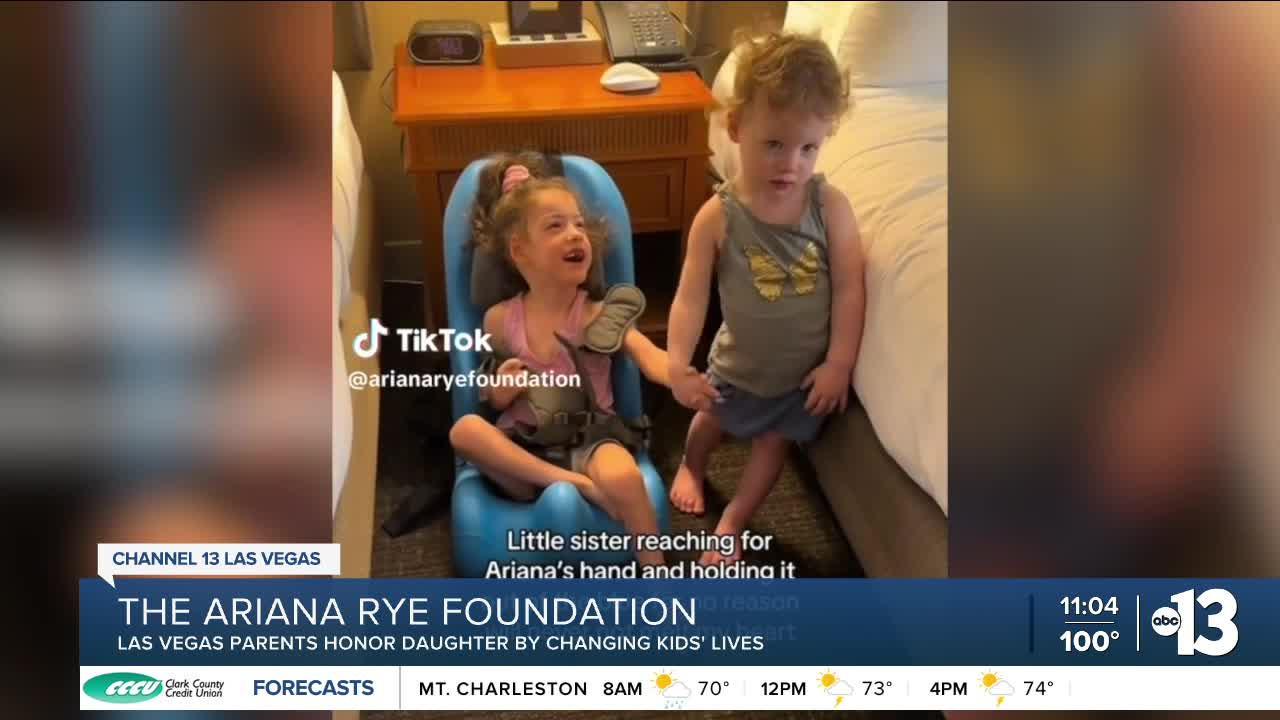How Did Ariana Rye Die? Exploring The Misunderstood World Of Dissociative Identity Disorder
The question 'how did Ariana Rye die' often brings people here, perhaps searching for answers about a life that ended too soon, or seeking to understand the circumstances surrounding a person's passing. It's a very human impulse, isn't it, to look for clarity when confronted with something difficult or unclear?
While specific details about how Ariana Rye may have passed are not available in the information we have, this kind of inquiry can actually open up a really important conversation. It makes us think about the lives people lead and the challenges some individuals face, which are sometimes hidden from plain view. So, in a way, asking such a question helps us think more broadly about people's experiences.
It's interesting how a simple search can lead us to talk about bigger topics, like mental well-being and conditions that carry a lot of misunderstanding. One such condition, which is often misunderstood and comes with a lot of stigma, is Dissociative Identity Disorder, or DID. We can, you know, use this moment to shed some light on it.
Table of Contents
- Understanding Dissociative Identity Disorder (DID)
- What Exactly is DID?
- The Presence of "Alters"
- Challenging Stigma and Misconceptions About DID
- Finding Solace and Support
- Personal Details and Biography of Ariana Rye
- Frequently Asked Questions About DID
- Fostering Greater Understanding
Understanding Dissociative Identity Disorder (DID)
When people ask about someone's passing, it sometimes brings up thoughts about the unseen struggles individuals might be dealing with. Dissociative Identity Disorder is, you know, one of those conditions that many people don't fully grasp. It's a mental health condition that is rather rare, and it involves a person having more than one distinct identity.
What Exactly is DID?
To put it simply, Dissociative Identity Disorder is a mental health condition where you have two or more separate personalities that control your behavior at different times. It's not something you choose, obviously, but rather a complex way the mind tries to cope with certain experiences. This condition is quite rare, actually, where two or more distinct identities, or personality states, are present in—and alternately take control of—an individual.
It's a rare mental health condition that is characterized by identity and reality disruption. People with DID will exhibit two or more distinct personality states and recurrent periods of memory loss. So, it's about much more than just a change in mood; it's a fundamental shift in how someone experiences themselves and the world around them, you know.
The Presence of "Alters"
DID is a dissociative disorder characterized by the presence of two or more distinct identity states, often referred to as “alters.” These alters may have different memories, behaviors, and ways of perceiving the world. It's almost like having different individuals sharing one body, each with their own way of thinking and feeling. Each alter, or identity, can have its own name, age, gender, and even distinct mannerisms. It's a very complex inner landscape.
Individuals with DID will exhibit two or more distinct personality states and recurrent periods of memory loss. This memory loss isn't just forgetting where you put your keys; it's often about significant life events, important personal information, or even skills learned by one identity that another doesn't recall. Dissociative Identity Disorder is a psychiatric condition where a person has more than one identity, often referred to as alters. It can be a challenging existence, to say the least, for the person experiencing it.
Challenging Stigma and Misconceptions About DID
Dissociative Identity Disorder comes with a lot of stigma and misunderstanding. People sometimes get their ideas about DID from movies or TV shows, which don't always show the full or accurate picture. So, let's bust some common myths, shall we?
One big misunderstanding is that people with DID are always dangerous or violent. This is simply not true. Like anyone else, people with DID are individuals, and their condition doesn't make them inherently a threat to others. Another common myth is that DID is just "making it up" for attention, or that it's a sign of weakness. This is also far from the truth; it's a genuine and serious mental health condition, usually developed as a coping mechanism for severe, repeated trauma, often from childhood. It's a very real way the mind protects itself, in a way.
There's also the idea that DID is easy to spot, or that alters are always obvious and dramatic. In reality, many people with DID try very hard to hide their symptoms, fearing judgment or rejection. The shifts between identities can be subtle, and not always the dramatic changes portrayed in fiction. It's really important to remember that this condition is about survival and coping, not about putting on a show. Understanding this can help us move past harmful stereotypes, you know, and truly support those living with DID.
Finding Solace and Support
For those navigating dissociative disorders, along with those supporting friends and family with dissociative pathology, finding solace is incredibly important. It can be a lonely path when you feel like no one truly understands what you're going through. Support can come in many forms, from professional help like therapy to connecting with others who share similar experiences.
Therapy, especially trauma-informed therapy, is often a very helpful path for individuals with DID. It provides a safe space to explore the different identities and work towards better communication and integration within the self. For family and friends, learning about DID and showing unconditional support can make a world of difference. It's about creating an environment where the person feels seen, heard, and accepted, just as they are. Really, a lot of it comes down to patience and kindness.
Building a community, even if it's just a few trusted people, can also provide immense comfort. Knowing you're not alone in your struggles, or that there are others who can offer a listening ear or practical advice, is incredibly valuable. Resources are out there, like organizations dedicated to mental health awareness and support for dissociative disorders. You can learn more about mental well-being on our site, and find resources by reaching out to organizations that specialize in mental health conditions, like the National Alliance on Mental Illness (NAMI), which offers support and education for people affected by mental illness. Also, you can find more information on various topics by linking to this page .
Personal Details and Biography of Ariana Rye
Information regarding the personal details and biography of Ariana Rye, including any specifics about her life or circumstances, is not available in the provided text. Therefore, we cannot create a table with her bio data.
Frequently Asked Questions About DID
When people start to learn about conditions like DID, a lot of questions tend to pop up. Here are a few common ones, you know, that people often wonder about:
Is Dissociative Identity Disorder a common condition?
No, it's actually a rather rare condition. While the exact prevalence can vary, it's not something you encounter every day. This rarity, in a way, contributes to some of the misunderstanding and stigma surrounding it.
What does it mean to have "alters" in DID?
Having "alters" means that a person with DID experiences two or more distinct identity states. These are separate personalities that can take control of the individual's behavior at different times. Each alter can have its own unique way of thinking, feeling, and interacting with the world, which is pretty complex.
Does DID always involve memory loss?
Yes, recurrent periods of memory loss are a key characteristic of DID. This isn't just ordinary forgetting; it involves significant gaps in memory regarding personal information, daily events, or even traumatic experiences. It's a very defining feature of the condition, to be honest.
Fostering Greater Understanding
While the initial search for "how did Ariana Rye die" might lead to unanswered questions about a specific person, it truly serves as a valuable moment to reflect on broader themes. It reminds us of the importance of mental health awareness and the need to approach conditions like Dissociative Identity Disorder with empathy and a genuine desire to learn. We all have a part to play in reducing the stigma associated with mental health challenges. By seeking accurate information and offering support, we can help create a more understanding and compassionate world for everyone, you know, especially those facing complex mental health conditions. It's really about building a community where everyone feels a bit more understood.
- Sotwe Viral
- Lauren German Husband
- Ronnie Mcnutt Video
- Is Emily Compagno Married
- Who Is David Muir Married To

Why Did Ariana Rye Die? Understanding The Circumstances Surrounding Her Tragic Passing

About — Ariana Rye Foundation

Vegas brewery owners name beer after daughter who died of cerebral palsy